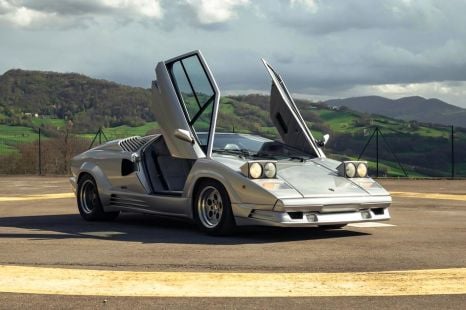

Anthony Crawford
1990 Lamborghini Countach review
5 Days Ago

Contributor
BMW has confirmed it’ll be launching its next-generation 2023 7 Series luxury sedan with an available Level 3 autonomous driving feature.
The 7 Series is expected to debut in late 2022 or early 2023, but will most likely be shown as a concept during 2022.
“Level 3 you will see from us in 7 Series next year,” said Frank Weber, BMW Director of Development in an interview with Forbes Wheels.
“It’s a function you can buy. It will be ready to go at the launch of the 7 Series.”
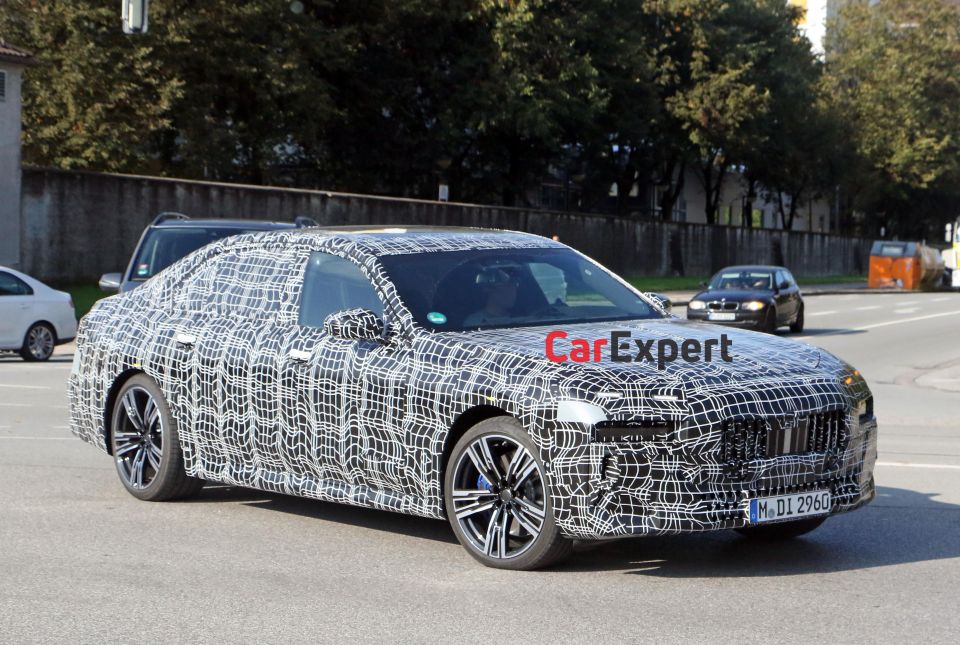
According to Weber, this Level 3 autonomous driving system is being developed with Intel’s self-driving subsidiary, Mobileye.
It’s also set to eventually become available on future BMW 5 Series, X5 and X7 models, as well as the all-electric iX as an optional upgrade from its current Level 2 system.
At this stage, Australian legislation isn’t clear about whether Level 3 autonomous driving technology can be offered here.
Recent changes to European Union Level 3 legislation shifts the liability to the automaker in the event of an accident caused by the car when it’s in its self-driving mode.
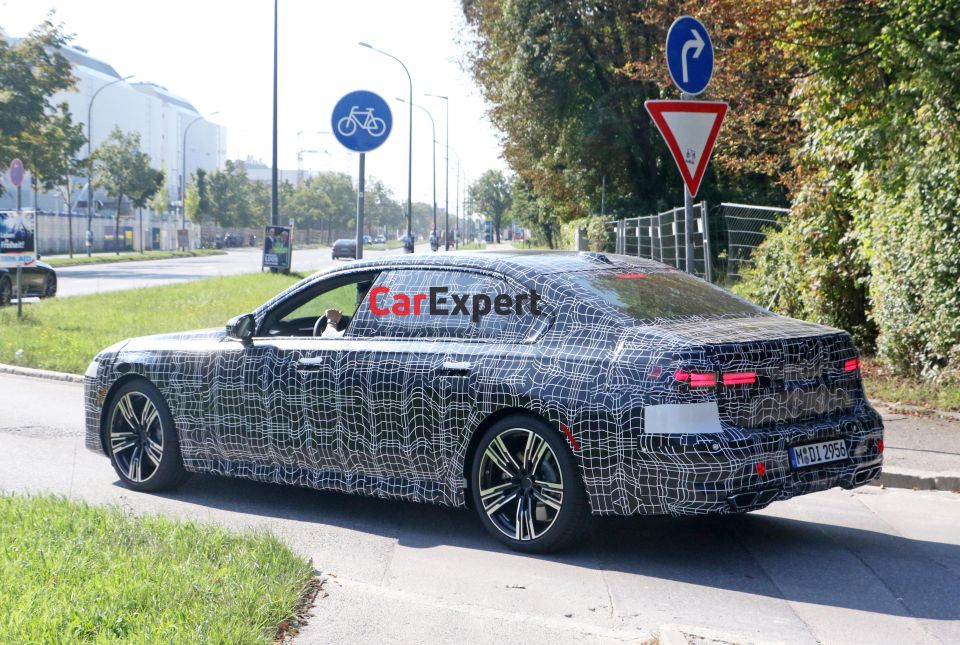
Level 3 autonomous driving refers to when the driver can take their hands off the steering wheel in certain situations like highways and traffic jams and even take their eyes off the road.
The system is required to alert the driver within a certain period of time if they need to take over driving.
Ranging from Level 0 with limited vehicle control, to Level 5 with fully autonomous driving with no human intervention at all, the autonomous driving rankings are classified by automotive standards body SAE International.
One of the few Level 3 autonomous vehicles currently available is the Japanese-market Honda Legend sedan, with its Traffic Jam Pilot system allowing it to navigate congested freeway traffic autonomously.
MORE: How autonomous is my car? Levels of self-driving explained
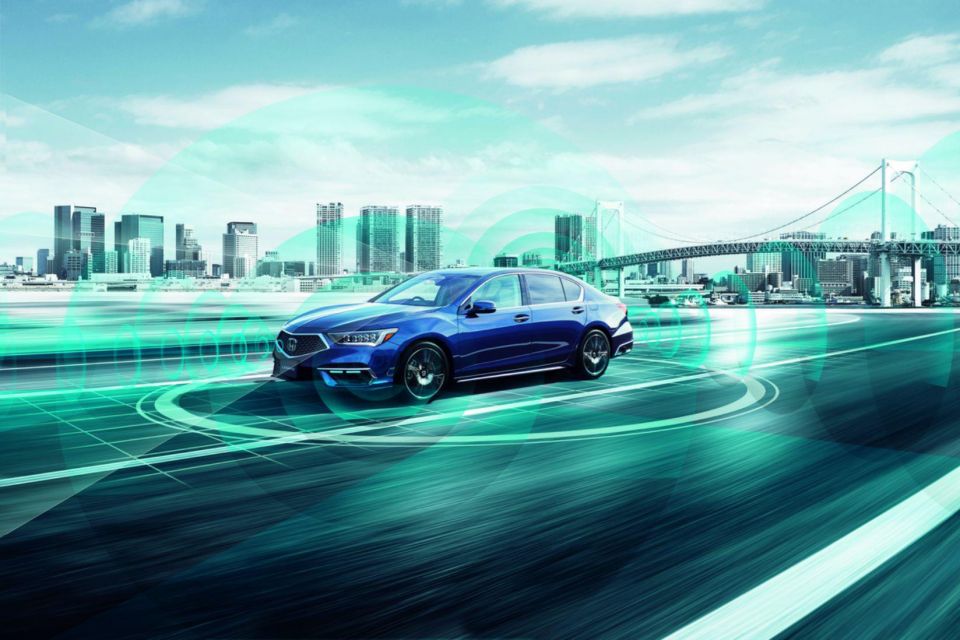
It rivals Nissan’s ProPilot 2.0 that is said to be a hands-off self-driving feature designed for on-ramp to off-ramp highway driving.
According to Nissan, the system can handle passing, lane diversions and lane exiting by using its navigation system and “360-degree sensing”.
A similar Level 3 technology was shown off by Audi at the launch of its fourth-generation A8 sedan in 2017, but has since been delayed.
Hans-Joachim Rothenpieler, head of technical development at Audi, told Automotive News Europe in 2020, “Currently, there is no legal frame for Level 3 automated driving and it is not possible to homologate such functions anywhere in the world in a series production car.”
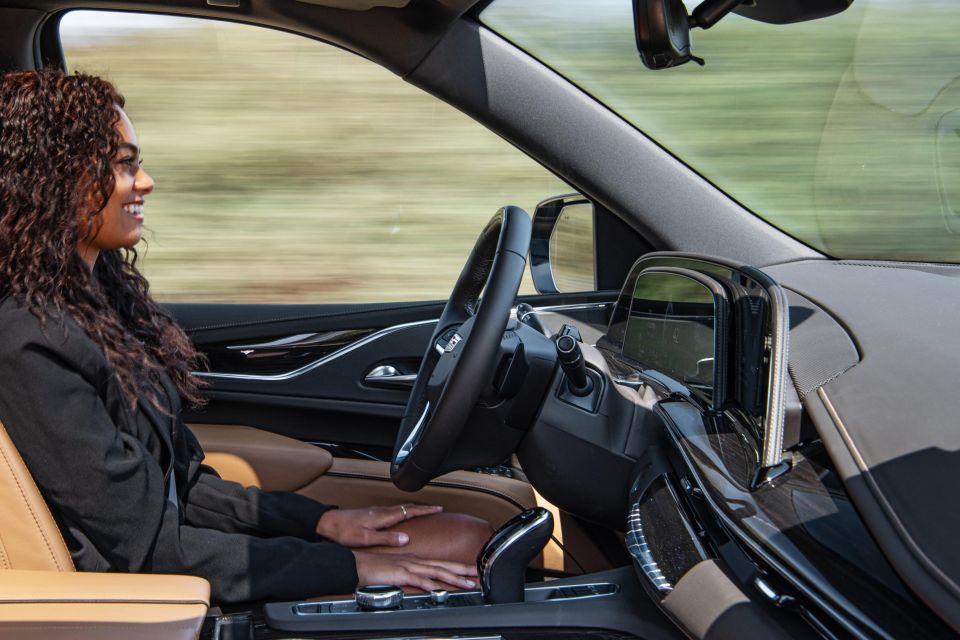
Tesla’s ‘Full Self-Driving’ mode on the other hand is effectively a Level 2+ driver support technology according to Forbes Wheels, with drivers required to have their hands on the steering wheel at all times.
It therefore doesn’t meet the standard for a Level 3 classification.
GM’s Super Cruise and upcoming Ultra Cruise systems are also considered Level 2+ systems, something the company has said publicly.
In addition to offering Level 3 autonomous technology, the eighth-generation BMW 7 Series range will be the first of BMW’s flagship sedan line to offer an all-electric variant.
It’ll also be available with internal-combustion and plug-in hybrid powertrains.
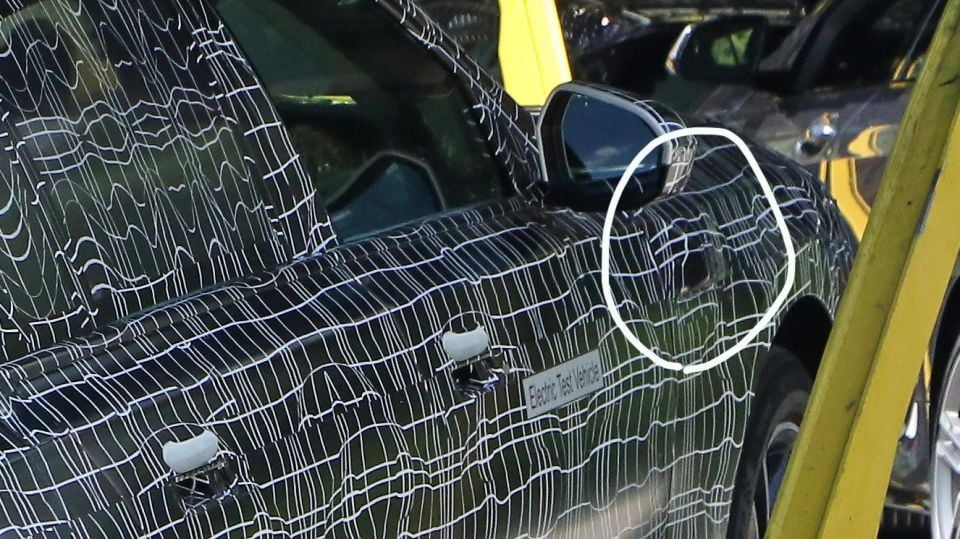
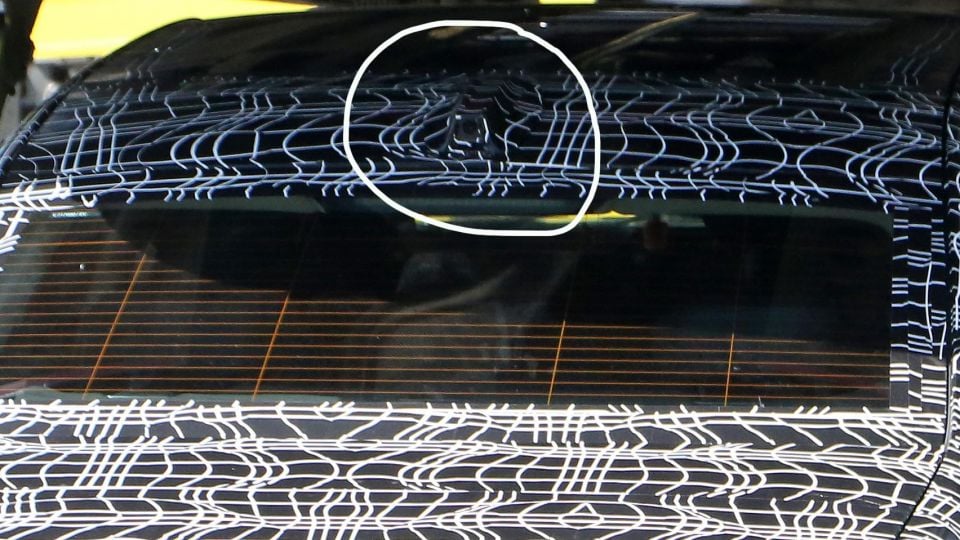
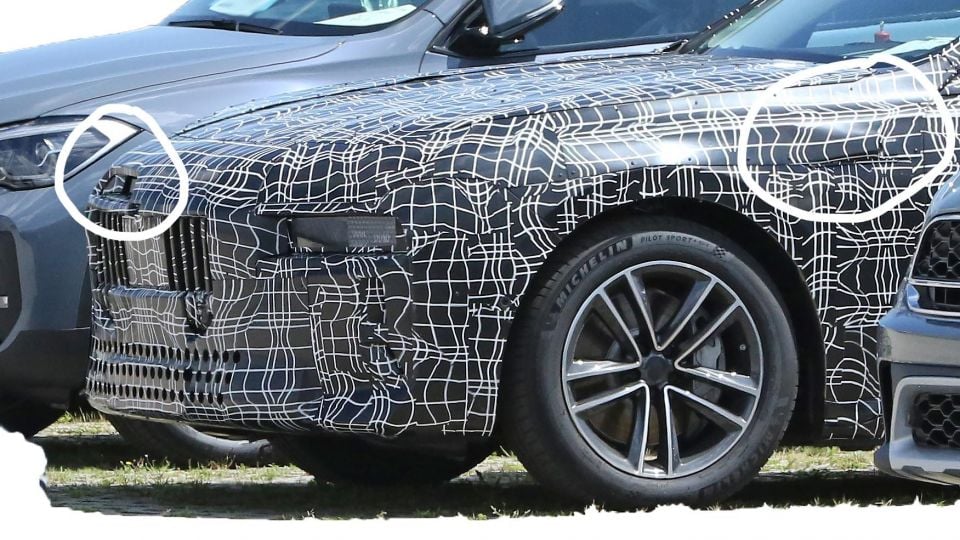
Pictured: BMW i7 prototype
BMW has remained tight-lipped about the upcoming electric variant, expected to be badged i7, but earlier spy photos show an electric prototype with an array of cameras and sensors scattered around the body.
Details on its powertrain outputs, battery specifications and electric range are yet to be confirmed.
A report by German publication Auto Motor und Sport indicates that the range-topping BMW i7 will receive a tri-electric motor powertrain that could produce up to 560kW of power.
It also indicates that it will offer different battery sizes up to 120kWh.
MORE: Everything BMW 7 Series
Where expert car reviews meet expert car buying – CarExpert gives you trusted advice, personalised service and real savings on your next new car.
Jack Quick is an automotive journalist based in Melbourne. Jack studied journalism and photography at Deakin University in Burwood, and previously represented the university in dance nationally. In his spare time, he loves to pump Charli XCX and play a bit of Grand Theft Auto. He’s also the proud owner of a blue, manual 2020 Suzuki Jimny.


Anthony Crawford
5 Days Ago


Matt Campbell
4 Days Ago


James Wong
3 Days Ago


Max Davies
2 Days Ago
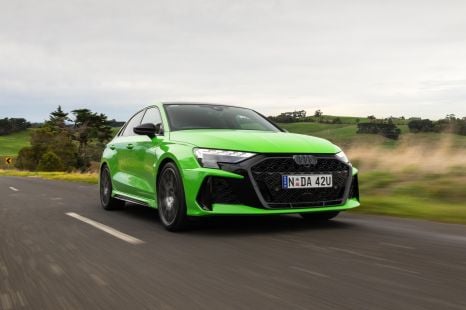

Josh Nevett
21 Hours Ago
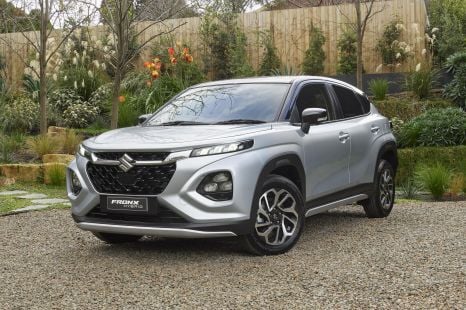

William Stopford
18 Hours Ago